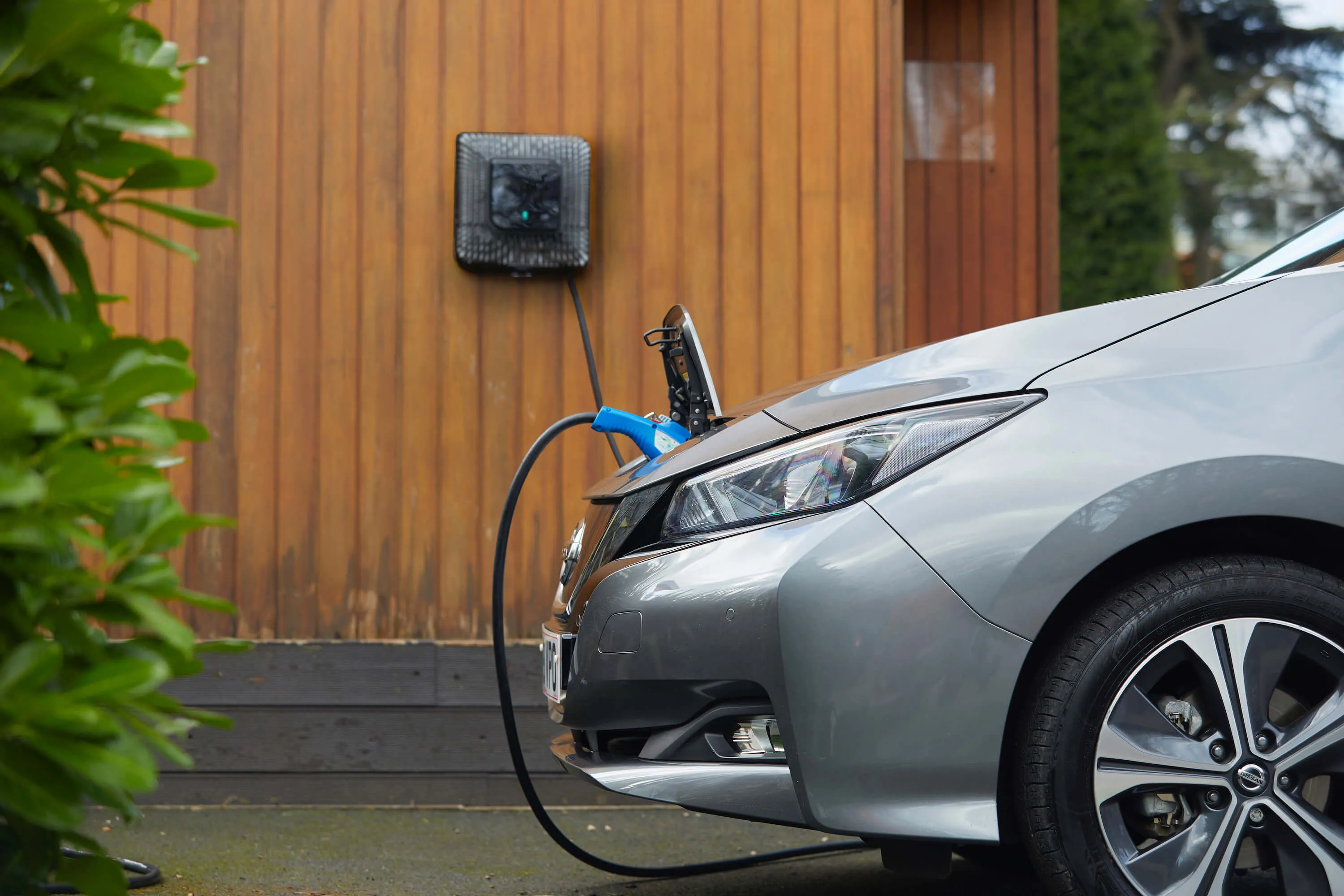US-based electric vehicle (EV) charging solutions provider EV Connect has been awarded a US$1.8 million contract from the California Energy Commission (CEC) to complete key routes of the West Coast Electric Highway, a network of fast charging and Level 2 electric vehicle charging stations that will stretch from the Canadian to the Mexican borders. In addition, EV Connect will provide management of the charging network which includes the charging stations, host locations, electric utility interaction and the
March 9, 2016
Read time: 2 mins
US-based electric vehicle (EV) charging solutions provider EV Connect has been awarded a US$1.8 million contract from the California Energy Commission (CEC) to complete key routes of the West Coast Electric Highway, a network of fast charging and Level 2 electric vehicle charging stations that will stretch from the Canadian to the Mexican borders. In addition, EV Connect will provide management of the charging network which includes the charging stations, host locations, electric utility interaction and the driver experience.
EV Connect’s award includes segments of the California 99 and Interstate 5 highways. Each location will provide one or two 50 kW dual-standard DC fast chargers, featuring both an SAE Combo and CHAdeMO connector, and at least one 7.2 kW dual-head Level 2 charger equipped with standard J1772 connectors.
“The West Coast Electric Highway is an important component in the rapidly increasing adoption of electric vehicles within North America, particularly for inter-city travel”, said Jordan Ramer, EV Connect CEO. “EV Connect’s deep experience in the management of the entire EV network will provide an efficient, reliable and easy-to-use experience.”
EV Connect’s award includes segments of the California 99 and Interstate 5 highways. Each location will provide one or two 50 kW dual-standard DC fast chargers, featuring both an SAE Combo and CHAdeMO connector, and at least one 7.2 kW dual-head Level 2 charger equipped with standard J1772 connectors.
“The West Coast Electric Highway is an important component in the rapidly increasing adoption of electric vehicles within North America, particularly for inter-city travel”, said Jordan Ramer, EV Connect CEO. “EV Connect’s deep experience in the management of the entire EV network will provide an efficient, reliable and easy-to-use experience.”










